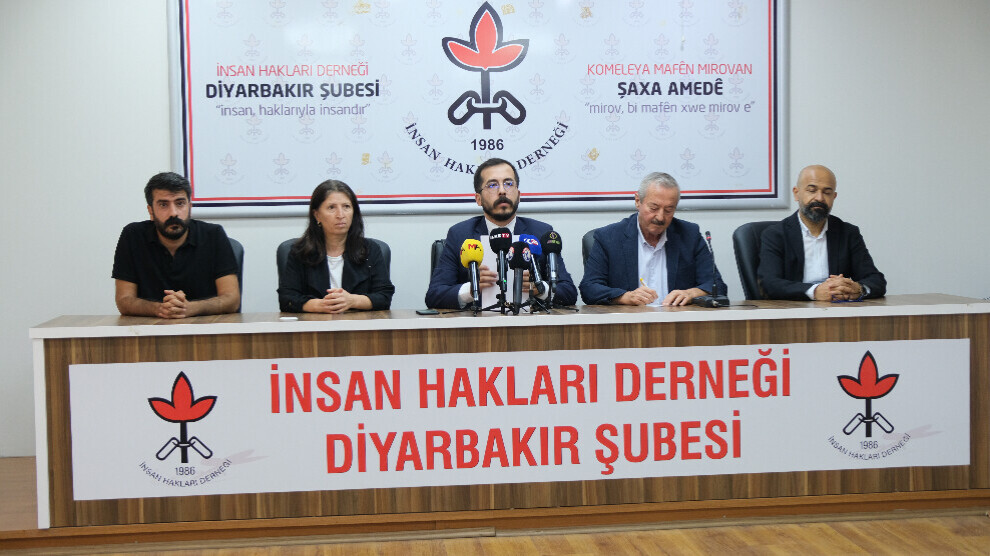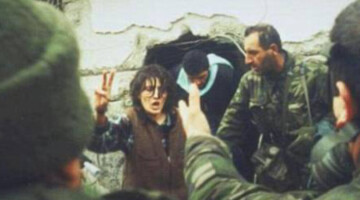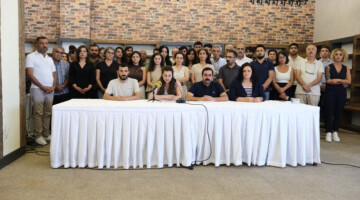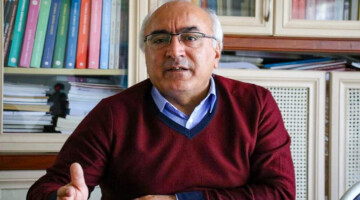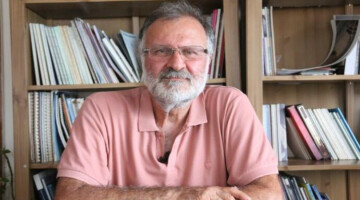The Human Rights Association (IHD) in Amed (Diyarbakir) presented a report on ‘violations of the rights to freedom of assembly and demonstration and to liberty and security of the person’ in the Kurdish region of Turkey. The report covers the period from 24 July 2015 to 24 July 2024. According to the report, at least 27,984 people have been detained, 5,677 people have been arrested and 18,248 homes and workplaces have been searched in the nine years since the resumption of the war against the Kurdish freedom movement. At least 361 demonstrations were attacked, 436 people were injured, and 570 demonstrations were banned or postponed. A total of 25 people were killed due to ‘security’ measures and state interventions during social demonstrations and marches.
Ercan Yilmaz, chairman of the IHD office in Amed, said at the presentation of the report on Friday that the human rights association had repeatedly called for the Kurdish question to be resolved through dialogue and negotiations over the past nine years. The report, he said, shows the alarming dimension of the violations of legally established rights in the Kurdish areas. “We want to show the whole world the democratic balance in this country and would like to call on the political power once again to find a peaceful solution to the Kurdish question,’ said Yilmaz.
Speaking after the release of the report, IHD Honorary President Akın Birdal said: “If there is no peace in a country, it is not easy to talk about democracy, human rights, work and bread. For a peaceful solution to the Kurdish question, the opportunity that has emerged today should be utilised and many uncertainties should be resolved. First of all, an explanation should be made as to ‘what happened, what is happening and what will happen’. Defenders of rights, justice and peace can organise a peace conference in Ankara. A collective will for peace must emerge. With this will, a commission can be established. Interlocutor bridges can be built between the parties. To begin with an official statement, the process must be legitimised. This process must lead to peace. We will fulfil whatever is our duty. The isolation must be ended immediately. What PKK Leader Abdullah Öcalan says must be known. Firstly, this opportunity must be provided. Secondly, political prisoners and sick prisoners must be released. Those whose release are prevented and those who have been imprisoned for more than 30 years must be released. There must be a sign of peace. We hope that this process will not be disappointed. Let's say peace right now.”

